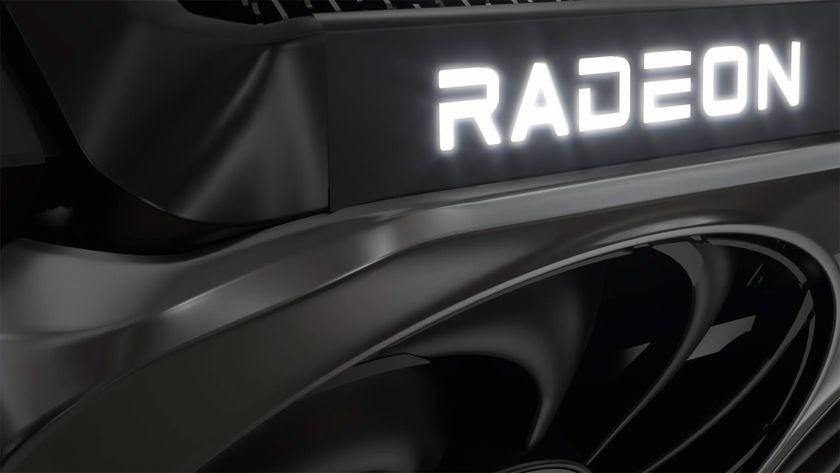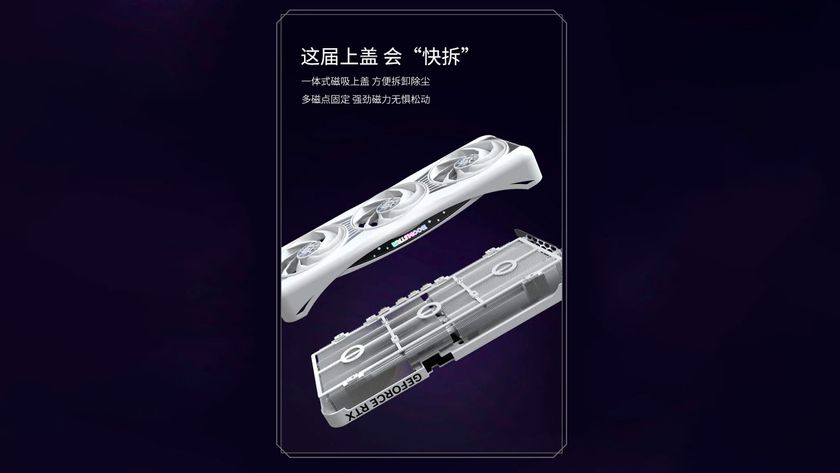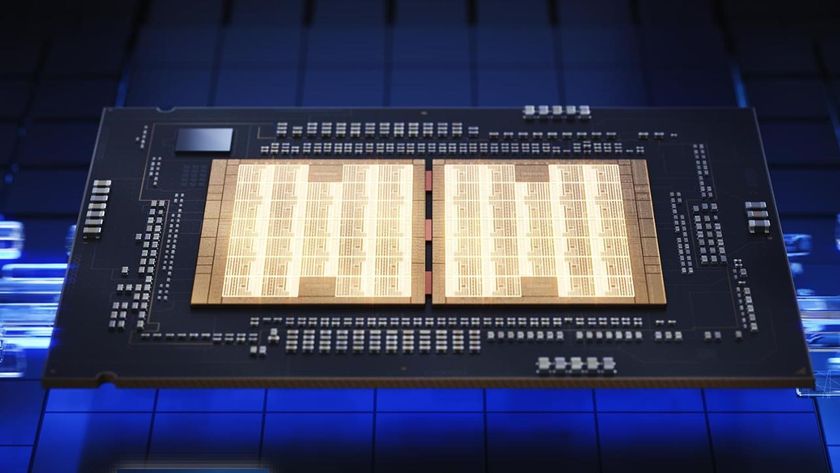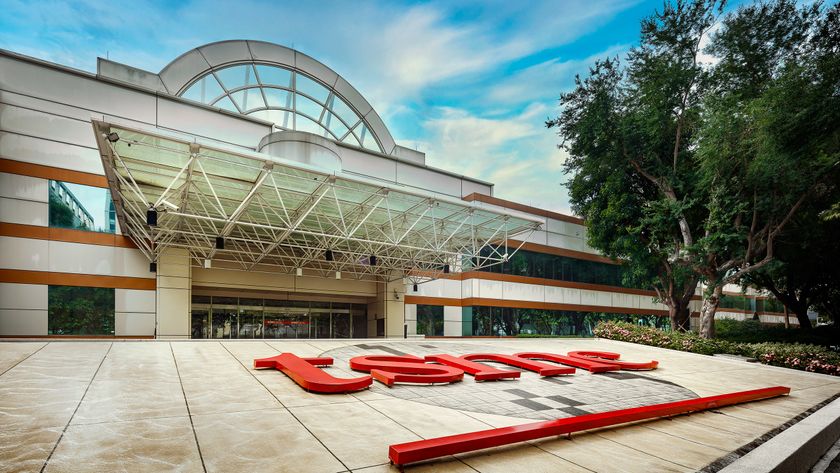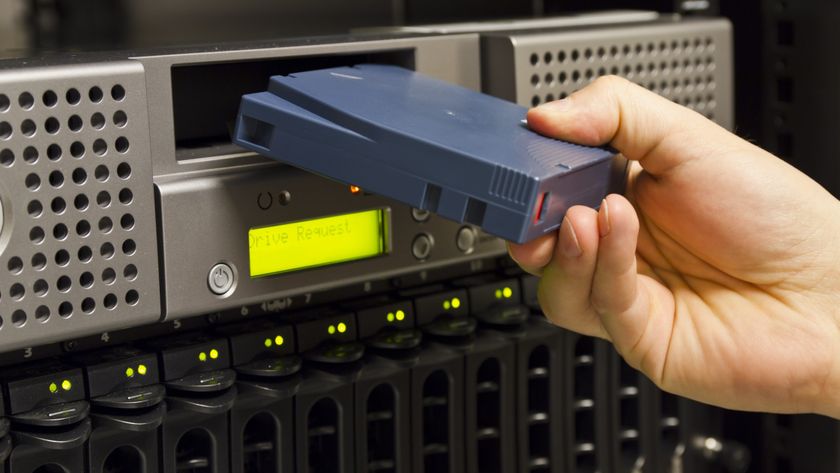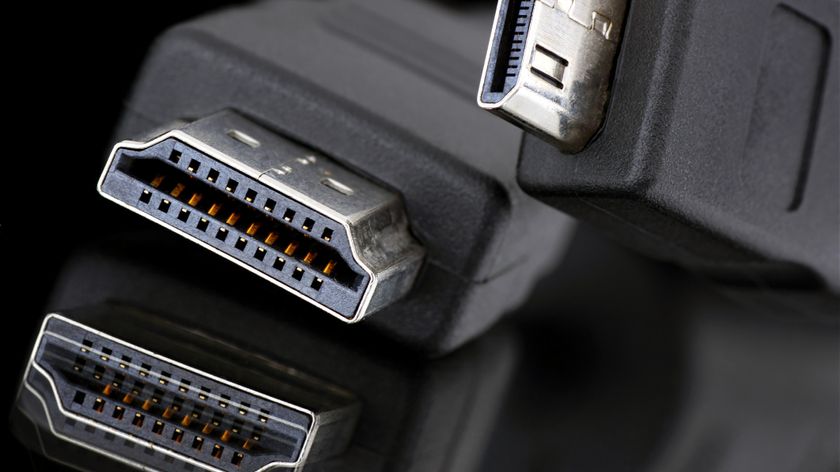AMD Zen 4 Ryzen 7000 Platform Support Added to HWiNFO
New platform support is usually baked-in three to six months before launch.
Popular PC hardware status and diagnostics utility HWiNFO has added support for the upcoming AMD AM5 platform, which will be the carrier of AMD's ecosystem for the company's forthcoming Zen 4 processors that will power the Ryzen 7000 series. Updated to version 7.2 just today, the support for AMD's AM5 suggests a release window for AMD's latest platform as falling somewhere between three to six months from now, as that's what has historically happened with new hardware release support updates.
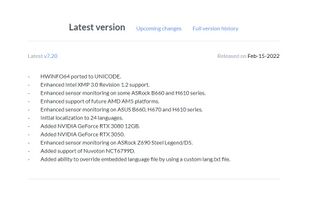
AMD announced the AM5 platform and Zen 4 "Raphael" family of CPUs at CES 2022, providing an ample "second half of the year" launch window for the new platform. However, the latest update from HWiNFO suggests that the launch will be closer to the middle of the year - provided the manufacturing, supply, and market conditions are adequate and barring any last-minute production issues.
The upcoming Ryzen 7000 "Raphael" processors and the AM5 platform will introduce support for PCIe 5.0 as well as the (still) notoriously expensive DDR5 memory subsystem. That support - and DDR5's supply and pricing - could lead AMD to either delay or segment product launches for their next-generation consumer products.
AMD has confirmed Raphael will be fabricated on TSMC's 5 nm node, which offers a 30% power reduction or 15% performance improvement along with a 1.8X increase in density compared to the 7nm process that AMD currently uses in its Ryzen 5000 chips. The company further demoed an unknown Zen 4 processor running Halo Infinite in real-time - with cores showcasing beyond-5 GHz boosts. But the memory subsystem is an increasingly important element to CPU architectures and their performance characteristics - hence AMD's tricky position on pricing.
HWiNFO and a restricted few other diagnostics utilities, such as AIDA, are important pieces of software whose developers tend to have access to unreleased information about hardware months in advance of its actual market availability. This is done so that consumers actually have utilities that can help them troubleshoot and diagnose the silicon bits and pieces they've acquired as early as possible, besides providing important information regarding power consumption and temperature. This update for AMD's Zen 4 is made all the more important considering AMD's investment in power-saving technologies and automatic overclocking - the utility would likely be unable to correctly gauge this information without software support, if at all.
Stay On the Cutting Edge: Get the Tom's Hardware Newsletter
Get Tom's Hardware's best news and in-depth reviews, straight to your inbox.

Francisco Pires is a freelance news writer for Tom's Hardware with a soft side for quantum computing.
-
RodroX Thats good. Then again as a gamer, as long as GPU prices are still way high as they are, not many people will feel the urge to change thier CPU if they can't get more FPS from their favorite titles.Reply
Perhaps usefull for profesionals and workers who depend on CPU performance only.

